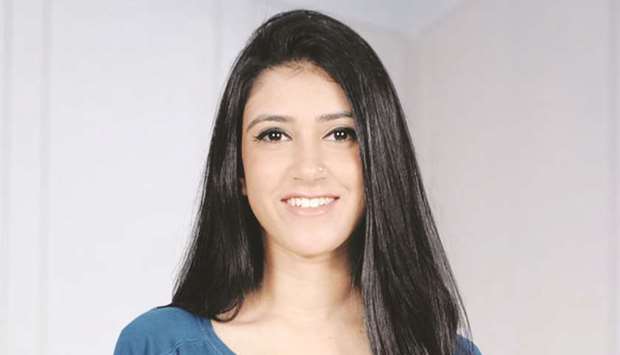Resolutions are great. They’re extremely efficient in instigating a feeling of renewal; of change; of rebirth. The need for a resolution is stirred by the new year that is presented to us with fresh time to encourage our imagination – of what, where and who we can be. Resolutions are great until the singular words are powerless in conjuring change and we’re left with the reality of our habits. I’ve found it amusing that despite the numerous resolutions lists I’ve created over the years; on my digital notes app, on New Year’s Eve party tissues or on store bought note books that symbolise the ‘big change’ – the new year comes and I stare back at the same me. The motivation to create healthier patterns of life and tick boxes on the accomplishments list simmers. The narrative of ‘how I failed to keep up my resolutions’ begins in my mind and the validity of resolutions is questioned. In today’s column, the real question I want to ask is; how does one actually say with conviction, ‘new year, new me’?
In my opinion, resolutions are effective because everyone enjoys a fresh start. Yet, with no real understanding of the way our mind works, words can be quite useless in creating tangible behavioural changes. In the realm of human science, behaviour is subconsciously ALWAYS affected by thought. Every time a thought pattern is discovered by the brain, it creates a neural pathway, which over time becomes habitual through exposure and repetition. These neural pathways then become strengthened and the behaviour becomes subconscious. You don’t really think about walking, eating or sleeping because these neural pathways are extremely rigid in your mind. The same applies for beliefs we have about religion, marriage or food preferences – if you pray habitually, you don’t question it nor does margarita pizza stop being your choice of comfort food. However, while we are constantly creating new neural pathways, old pathways can also be replaced, if we consciously work on it. This is where the effectiveness of resolutions comes into play. Words initiate the process of creating a new neural pathway; a new thought. Repeating these words or simply, affirming these words, can start strengthening the neural pathway. Unfortunately, this is also the limit to our knowledge about change. For an old habitual neural pathway (habit) to be replaced, the new neural pathway has to be worked on through action as well. For example, saying that you will stop using your phone and start reading instead will begin nurturing this thought in your head. But whether you actually keep that up depends on the action you’ve taken. The habit of reading requires different parts of the brain to be instigated, so just replacing the phone with a book won’t be naturally effective. Research into the types of book you can enjoy, making sure your books are as accessible as your phone, finding ways to limit necessary time on your phone are all factors that contribute in strengthening the neural pathway.
As a survivor of multiple New Year’s Eve nights, I’ve found myself altering the perception I have of the annual ritual of creating a resolution list. In length, the list has grown shorter and swings away from ideal to more realistic. Understanding that it takes a long time to change behavioural patterns has helped me be more real with myself without the guilt of not living up to my resolutions. This year, I request you to spend more time with the goals you have set for yourself. Look into them closely and expose your truth about them. Which goals on that list are truly ones you are doing for yourself, that require no one else to help you get there. Who are the people in your life that are beneficial and important to your journey forward and who are the people who are holding you back? What habits do you already have that are positive and can help you build the new ones you desire? Which areas of your life do you want to focus on this year? Once we can ask ourselves these questions and be completely vulnerable, we will see that with the new year, there can truly be a new you.
* The author can be contacted on Instagram @sincerelysanah

Sanah Thakur
